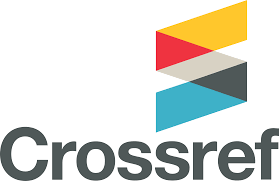Abstract
For any large complex organization the problem of ensuring its constituent activity in accordance with overall policy and, at the same time adopt to its environment, is a central and continuing concern. Thus, the fundamental question which must be answered is 'what control mechanism can facilitate the adaptation process in the local market?' In multinational corporations (MNCs), the control mechanism, imposed by headquarters, has an objective to integrate the subsidiaries' activities to the global strategy. however, the presents on the local market necessitates the adaptation to the local environment characteristics. The objective of this paper is to contribute solving the dilemma between control and learning in an MNC. The interaction between control and learning process will be analyzed. The literature study leads us to develop a typology based on two factors; the stage of the learning process (knowledge production and mobilization) and its locus (local or global). The combination of these two factors provides four configurations. The control system produces knowledge, both locally and globally, which can be mobilized by the local or global units. A proposition to resolve our main problem is formulated. The combinations of these four configurations make it possible for an MNC to resolve the dilemma between control and learning. An application of this typology has been carried out by analyzing case studies of MNCs operating in Indonesia.
Recommended Citation
Villarmois, Olivier De La; Benavent, Christophe; and Firmanzah, Firmanzah
(2008)
"Control and Organizational Learning in MNCs: an Analysis Through the Subsdiaries Sector,"
The South East Asian Journal of Management: Vol. 2:
No.
2, Article 3.
DOI: 10.21002/seam.v2i2.5625
Available at:
https://scholarhub.ui.ac.id/seam/vol2/iss2/3
Included in
Management Information Systems Commons, Management Sciences and Quantitative Methods Commons











